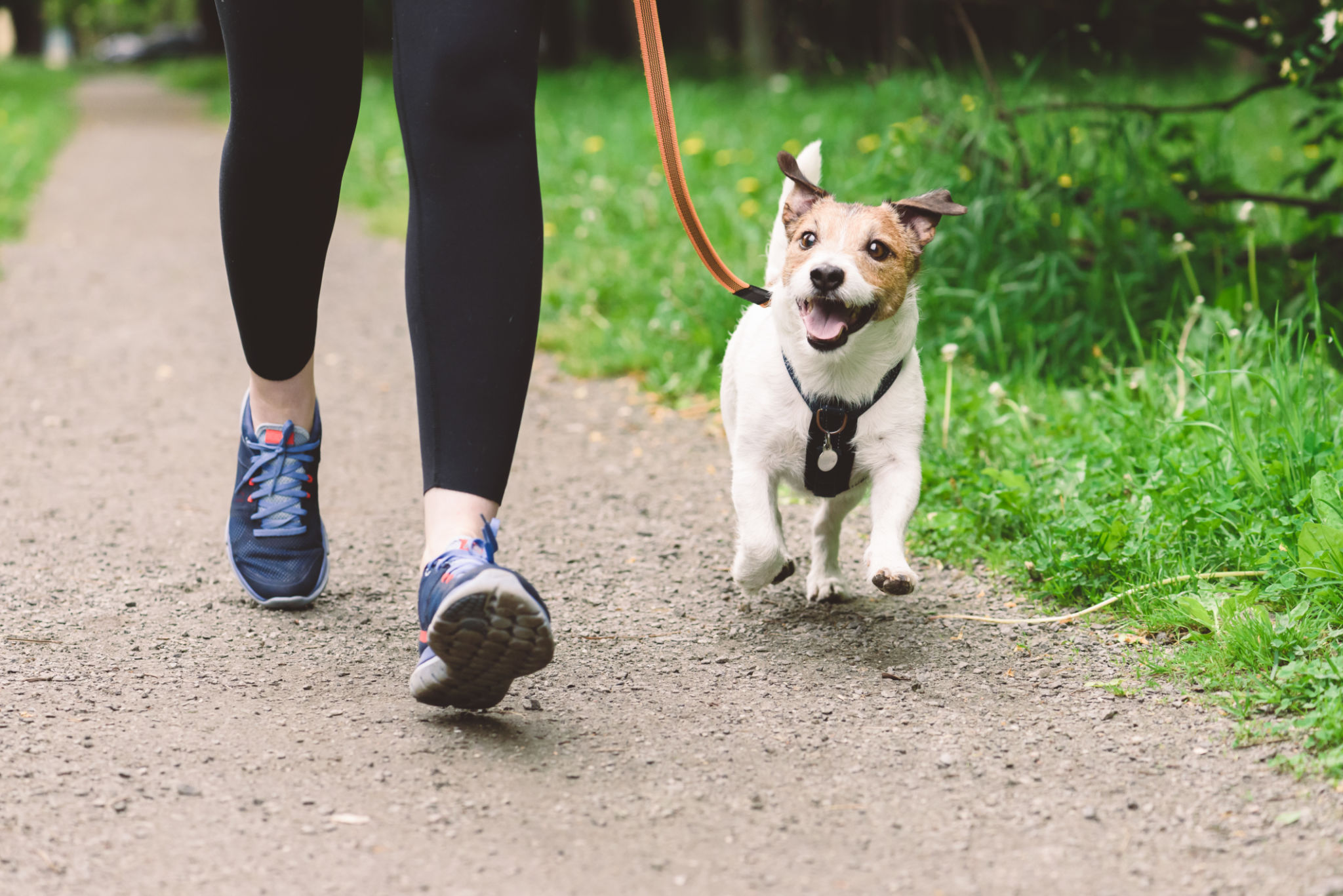Understanding the Unique Needs of Small Dog Breeds
Introduction to Small Dog Breeds
Small dog breeds have become increasingly popular among pet owners for their compact size and charming personalities. However, these pint-sized pups come with their own set of unique needs that differentiate them from larger breeds. Understanding these needs is crucial to ensuring they lead a happy and healthy life. Whether you're a first-time small dog owner or a seasoned pet parent, staying informed can make all the difference.

Dietary Requirements
Small dogs often have faster metabolisms compared to their larger counterparts, which means they require a diet that is rich in nutrients. Their smaller stomachs also mean they need food that is both nutrient-dense and easy to digest. It's essential to choose high-quality dog food specifically formulated for small breeds. Look for kibble sizes that are manageable for tiny mouths and consider incorporating wet food or homemade meals under the guidance of a veterinarian.
Feeding Frequency
Because of their high metabolism, small dogs may need to eat more frequently throughout the day. Instead of the traditional two meals, consider splitting their daily intake into three or four smaller meals. This approach helps maintain their energy levels and prevents hypoglycemia, a common concern in toy breeds.
Exercise and Activity Levels
Despite their size, small dogs are often very energetic and require regular exercise to stay fit and healthy. Activities like short walks, indoor play sessions, and interactive toys can keep them engaged. However, it's important to tailor exercise routines to the dog's specific breed and energy levels.

Indoor vs. Outdoor Activities
While outdoor activities are beneficial, it's crucial to ensure that small dogs are protected from extreme weather conditions. During colder months, consider investing in a cozy dog sweater, and in the summer, ensure they have access to shade and water. Indoor play can also be an excellent alternative during inclement weather.
Health Concerns Specific to Small Breeds
Small dog breeds may be more prone to certain health issues, such as dental problems due to overcrowded teeth, patellar luxation, and tracheal collapse. Regular veterinary check-ups are vital in catching and addressing these issues early. Dental hygiene should be a priority, with routine brushing and professional cleanings as recommended by your vet.

Preventative Care
Preventative care is key for small dogs. This includes vaccinations, flea and tick prevention, and regular grooming. Keeping a close eye on any changes in behavior or appetite can also help detect underlying health issues early.
Socialization and Training
Socialization is crucial for small dogs to develop confidence and avoid behavioral issues like excessive barking or shyness. Early exposure to various people, environments, and other animals can greatly benefit their social skills. Training should be consistent yet gentle, using positive reinforcement techniques to encourage good behavior.
The Importance of Routine
Establishing a routine provides small dogs with a sense of security and helps mitigate anxiety. Regular feeding, exercise, and bedtime schedules help create a stable environment that promotes overall well-being.
Conclusion
Caring for a small dog breed requires understanding their unique needs and providing them with the appropriate care. From diet and exercise to health monitoring and socialization, each aspect plays a vital role in ensuring your small companion leads a fulfilling life. By paying attention to these details, you can enjoy many years of companionship with your beloved pet.